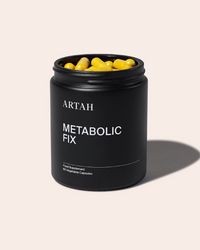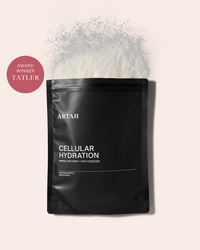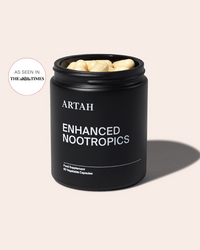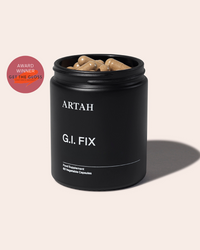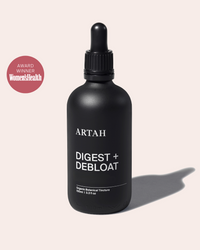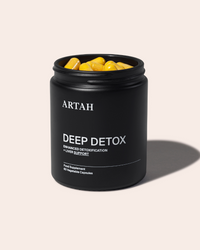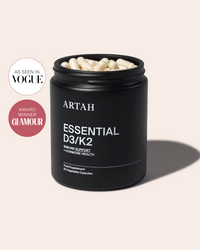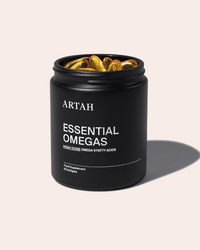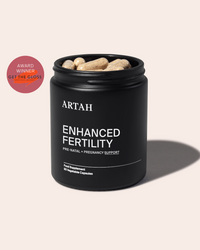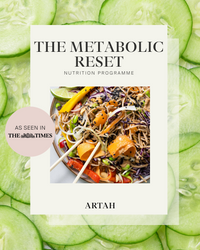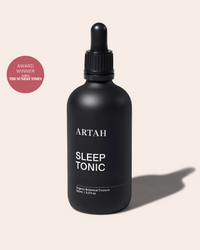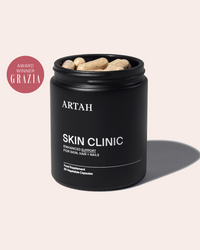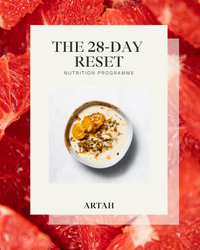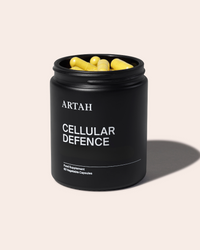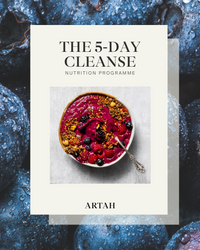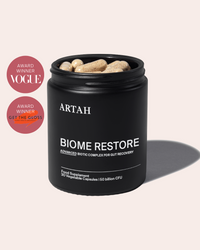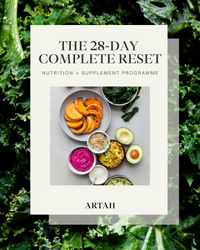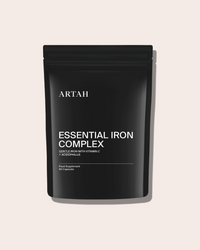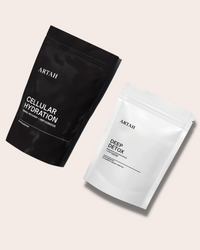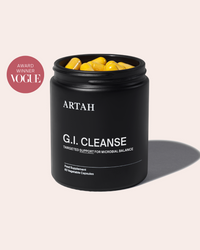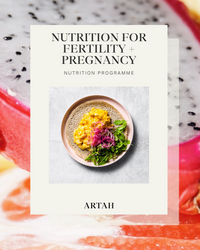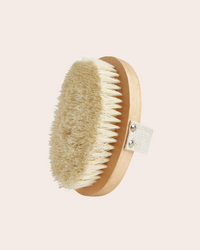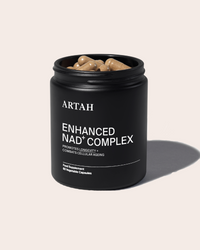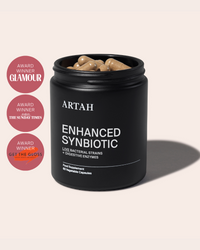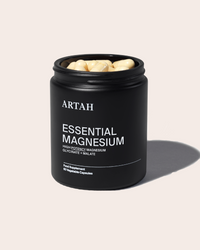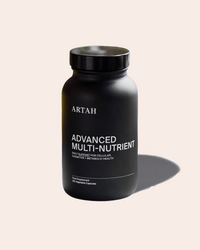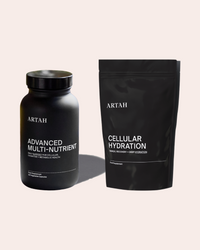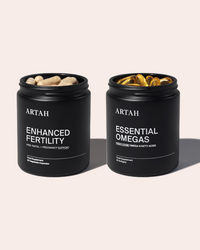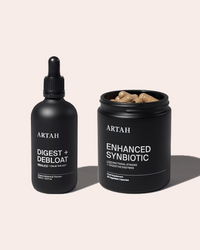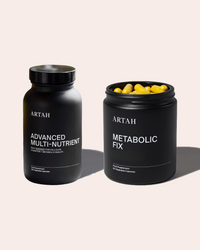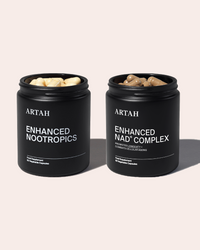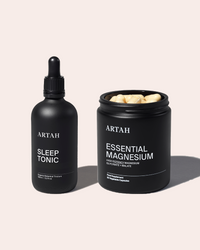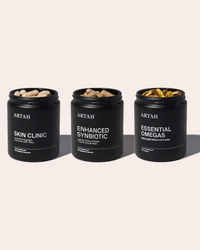7 Ways To Start Your New Year Off Right
In the last few years, we've seen a significant shift away from the concept of 'New Year's resolutions', and it's easy to understand why.
Putting unduly pressure on ourselves to totally reinvent who we are just because the clock strikes midnight seems a bit arbitrary. Even so, the New Year still feels like a natural point of inflexion; we can use it as a moment to inspire positive change, and set 'resolutions' or goals we’d like to achieve that are grounded in positivity. Here are Rhian's favourite ways to start the new year off right, and tricks on how to stick to them.
Link your goals to a purpose
Purpose-led goals are linked to a feeling or rooted in your values, so they become far more motivating than a goal that is driven by negativity. For example, going to the gym because it makes you feel strong and confident and helps you manage stress will back your goals with positive emotions. You can then take it one step further to reinforce why this change is important – for example, so you can take on what you need to at work, but still be patient and energetic at home with your family. Visualising the greater picture of each goal will make it far more motivating than linking your goal to hitting a certain outcome like weight or size.
And don’t forget state goals
We often focus all of our attention on these outcome-based goals I mentioned above. These are the more objective, measurable goals that we have linked to success, like losing 5kg, going to the gym 5 times per week, or dropping two dress sizes. Whilst it’s ok to set outcome goals, we often get so caught up in the end goal, we completely ignore the progress we make en route. We also get very caught up if we don’t hit the strict definition of success that we have set, which is why it’s equally as important – if not more important – to set state goals as well.
A state goal is exactly what it sounds like – it's a goal or objective rooted in your emotional state, and these are often key to achieving your desired outcomes and linked to your purpose. I’ll give you an example I see time and time again: a common barrier to success when it comes to our health is the guilt associated with eating something we have labelled as ‘bad.’ The usual pattern that follows is a feeling of guilt, frustration, failure, and then the "I’ll start again Monday" rhetoric. This can lead to days of eating and drinking in a way that is counterproductive to emotional and physical goals. A state goal in this instance would be to let go of food guilt and commit to a consistent mindset. Letting go of the on-wagon off-wagon mindset can help you cultivate balance, reduce stress, and will ultimately get you to your goal more quickly (and in a much better headspace).
Invest in immunity
Immune support hasn’t always been the trendiest type of supplementation, but if there’s anything we’ve learned over the last few years it is that the health of the host is incredibly important when it comes to duration, frequency and severity of illness. Whilst we can’t always avoid external challenges to our immune system, but we can work on the compounding factors that contribute to our immunity. Vitamin D levels, nutrient status, stress, sleep, sedentary time, blood sugar, and the health of our microbiome all play a role. For immediate impact, focus on Vitamin D3 and getting the core vitamins and minerals needed for a robust immune system, like vitamin A, zinc, selenium, vitamin C and immune-related phytonutrients. Food-wise, focus on plant diversity to ensure your microbiome is getting the nourishment it needs to thrive, reduce the foods that trigger symptoms or inflammation in your body, add in fermented foods like kimchi and sauerkraut, and focus on nutrient-dense, polyphenol-rich colourful fruit and vegetables.
Do NEAT things
Exercise is important, but if you haven’t started investing in NEAT, you’ll be surprised at how much it can help you stay energised, focused, and healthy. NEAT stands for non-exercise-activity-thermogenesis, and it refers to the active things we do outside of exercise that contribute to our total calorie expenditure, like walking, standing, gardening, and playing with your kids. Even simple swaps like standing instead of sitting can have a huge impact – studies have shown that using standing desks can increase focus, perceived energy, and calorie expenditure, and can decrease fatigue, back pain and blood sugar.
Do the work
Overcoming emotional barriers and toxic beliefs can have a profound impact on our health. If we’re talking big picture – it can decrease the stress response, getting us out of fight or flight mode and reducing challenges to blood sugar, blood pressure, sleep and immunity. It can also increase our sense of community and purpose by making us more open to love, connection and fulfilling relationships. If we’re talking immediate benefits – it can help us achieve short terms goals, whether they’re related to work, love, family, physical health or day-to-day emotional well-being, and it can set the stage for dynamic personal growth. Whether you want to invest in a few good reads to get the ball rolling, commit to a practice of mindfulness or go all in and work with a coach, deciding to focus on emotional well-being is a surefire way to create more meaning, love, and happiness.
Up your recovery game
In the fitness world, recovery hacks are all the rage. Cryo chambers, theraguns, ice baths, stretch labs and saunas are all trendy ways to help physically recover after challenging sessions. But we rarely apply the same mindset to other types of life events that deserve just as much focus on recovery. Allowing ourselves time to recover from immense stress, physical injury, emotional events and illnesses is an essential aspect of cultivating resilience. There are so many ways to implement this, but the most important thing is to take on the mindset that recovery is one of the core pillars of health – alongside exercise and nutrition – that we need to focus on. This can be as simple as taking probiotics after antibiotic use or as big as investing in therapy after an emotional event – the key is acknowledging that investment in recovery is an investment in future energy and well-being.
Love the food you eat
The food we eat has an enormous impact on health and disease. But beyond its role in health, food is one of life’s great pleasures, which is why finding health-promoting foods that you love to eat AND that make you feel great is so important. If you need inspiration, we’ve just launched a new easy-to-follow holistic programme to support your gut health with over 60 recipes designed to make you feel great, without compromising on taste.





